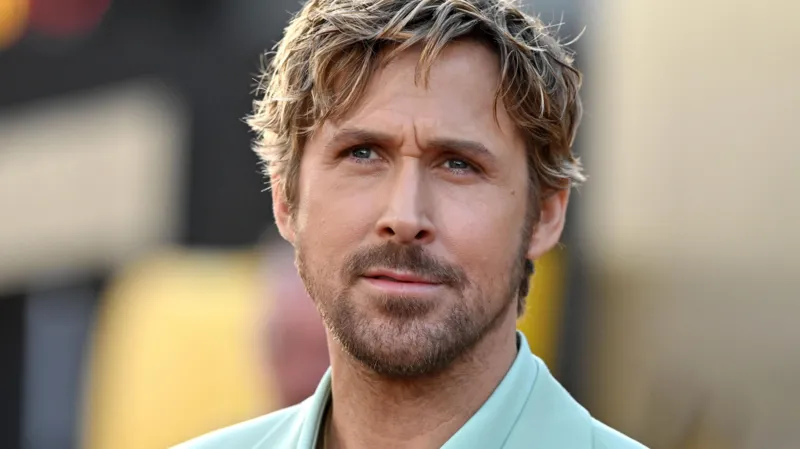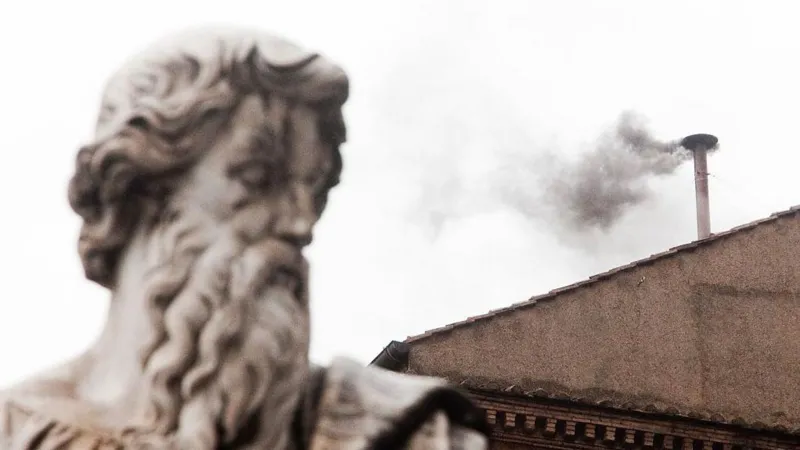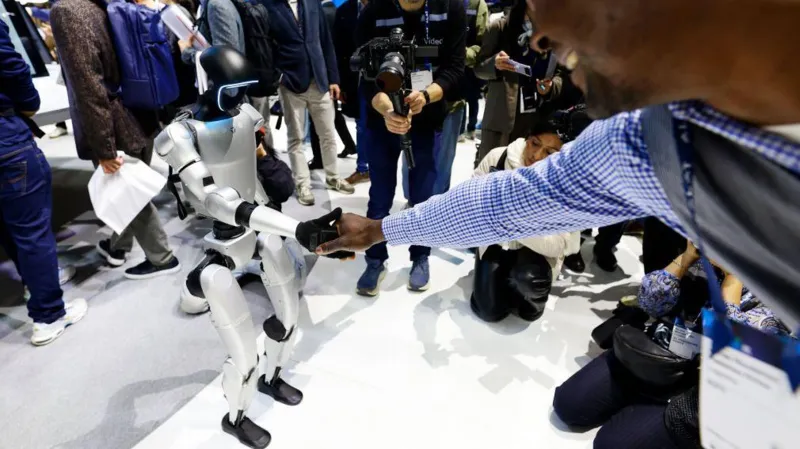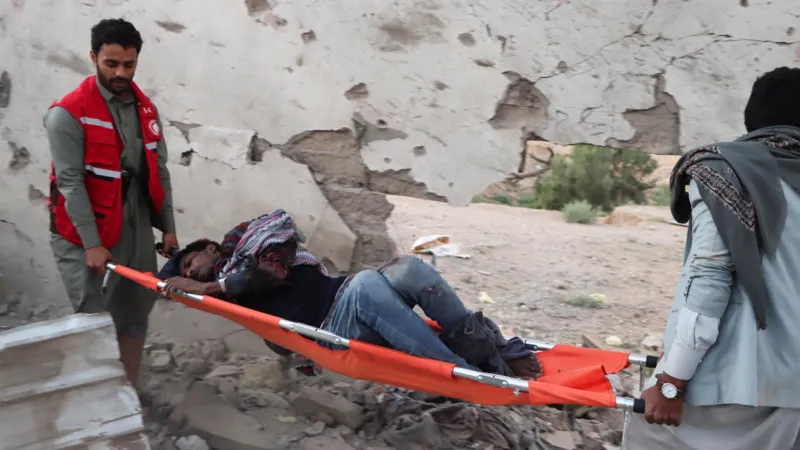Nigeria to take over salaries of 28,000 health workers after US cuts funding

The Nigerian government has announced it will start paying 28,000 health workers who were previously funded by the United States Agency for International Development (USAID).
This comes after the US government suspended USAID’s activities, affecting healthcare funding in Nigeria.
Nigeria’s Coordinating Minister of Health, Muhammad Pate, said the country must reduce its dependence on foreign aid and take responsibility for its own healthcare system. He acknowledged the US had played a big role in funding treatment for diseases like HIV, tuberculosis, and malaria but said Nigeria must now find a way to support its own health workers.
President Donald Trump’s decision to stop USAID funding, along with cuts to the President’s Emergency Plan for AIDS Relief (PEPFAR), has caused major challenges for Nigeria’s health sector. PEPFAR funds HIV treatment and prevention in Nigeria and other countries.
Although some funding was restored, many programmes remain affected. The suspension of USAID funding is part of a wider review by the US government, which says it is checking for waste and corruption.
To deal with the situation, the Nigerian government has set aside an extra 300 billion naira in its 2025 budget for the health sector. This money is expected to help cover the salaries of the affected health workers and improve healthcare services.
Nigeria’s health system relies heavily on private funding. Around 70% of healthcare costs in the country are paid for by individuals, while only 30% comes from the government.
Minister Pate stressed that although foreign aid helps, Nigeria needs to invest more of its own money in healthcare to ensure stability.
The government has also approved nearly $1 billion for healthcare improvements, including better services in state hospitals. However, the minister warned that changes will take time.
Nigeria also depends on imports for most of its medicines and medical equipment. Over 70% of drugs and almost all medical devices are brought in from other countries.
The government now plans to boost local production of essential medicines, such as antibiotics, to reduce reliance on imports and strengthen the healthcare system.
Pate said healthcare is expensive, but Nigeria must invest in it to provide high-quality services for its people.
He admitted the country had not spent enough on healthcare in the past and that fixing the system would require time and effort.
Source: Global South World
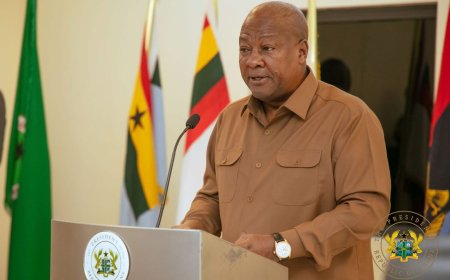



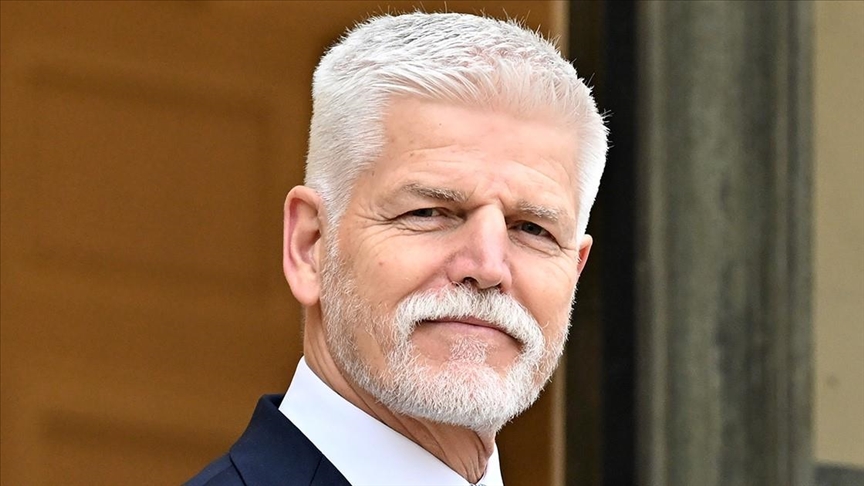



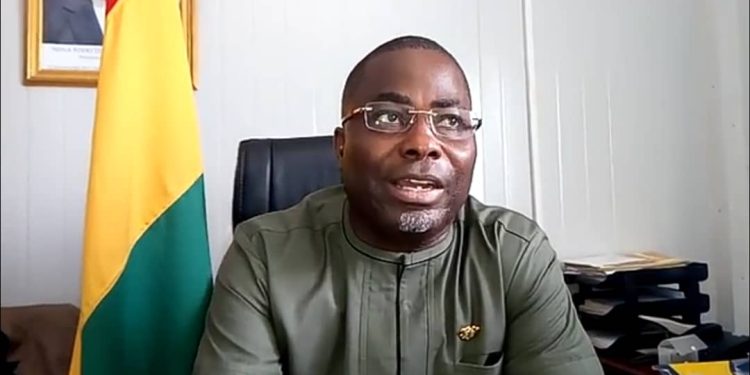









)









